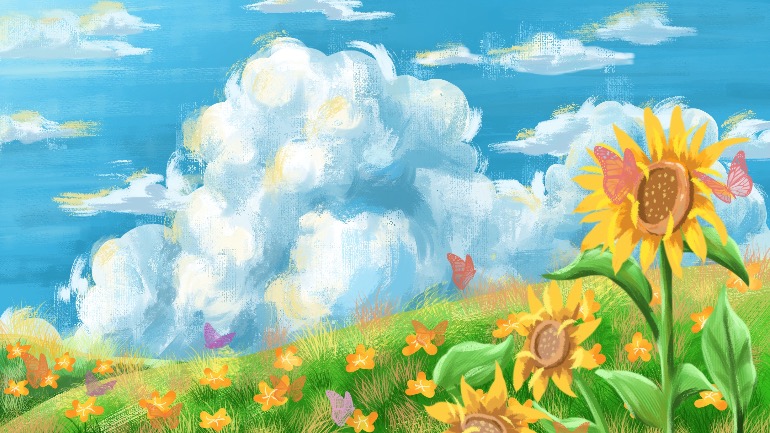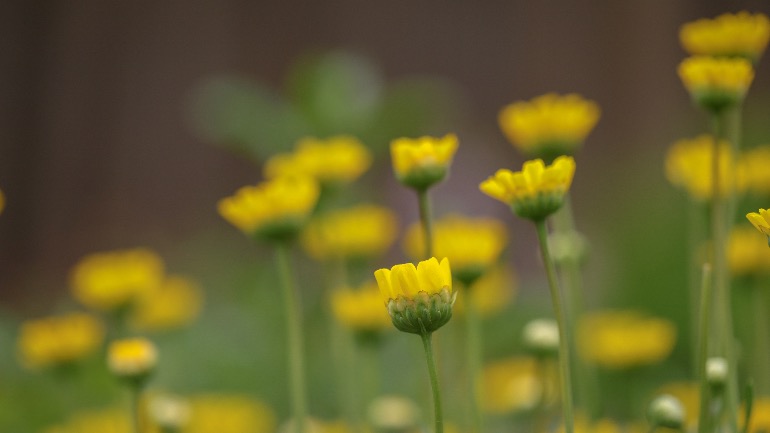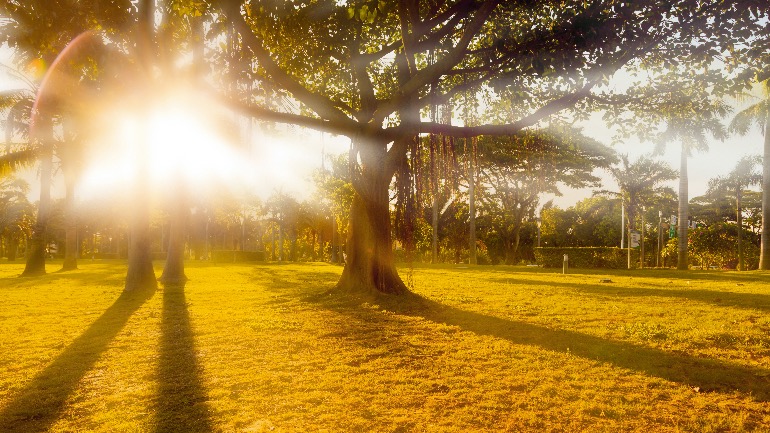The use of nectar pills is not emphasized in exoteric Buddhism, but very much so in Vajrayana. Most of the nectar pills were originally handed down by Guru Rinpoche and later discovered by real tertons, finders of terma (hidden treasures). It should be noted that not all nectar pills have beneficial effect. Some of the so-called nectar pills are not only devoid of any merit but can also bring harm if taken, such as preventing one from attaining liberation in future life and creating hindrances to liberation.
Where do these harmful pills come from? Some are from tertons who are actually impostors and some are concocted by demons to hurt sentient beings. At times, genuine nectar pills, after being handled or made by persons who have broken samaya vows, can also be tainted. As Guru Rinpoche did not leave behind many nectar pills, accomplished masters, after retrieving them, will mix them with other nectar and medicinal herbs, then bless the pills through meditation and mantra recitations. If during this process there is one samaya violator among the attending practitioners, the pills will get tainted.
Therefore, close attention is needed when administering nectar pills. As ordinary beings, we cannot tell the real from the fake ones with the naked eye. The only way is by examining whether the pills came from a pure source. This is a very important step.
- Quote from The Right View, "Liberating Living Beings"











